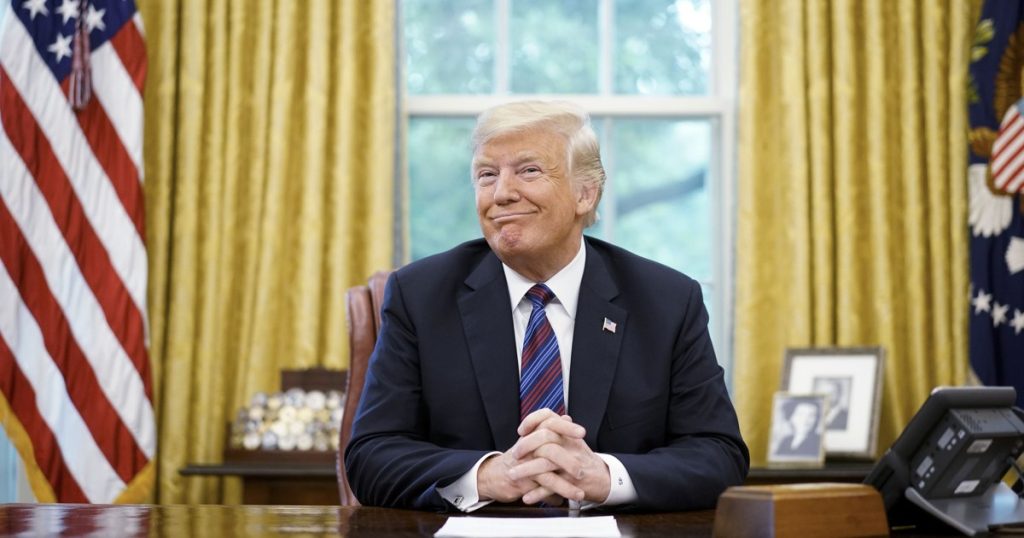The prospect of a second term for Donald Trump has raised concerns among former intelligence officers, Western officials, and lawmakers. These individuals fear that Trump could potentially misuse America’s spy services for political retribution, skew intelligence findings, and undermine information sharing with U.S. allies. There are worries that Trump’s track record and public remarks criticizing intelligence services, along with his plans to purge career civil servants deemed part of a “deep state” cabal, could cause irreparable damage to the spy agencies. Legal parameters defining the president’s power over the intelligence agencies are limited, giving Trump a significant amount of leeway to shape these organizations to his liking.
Interviews with former intelligence officers, Western officials, and members of Congress reveal concerns about the potential consequences of a second Trump administration. Trump could expand the number of political appointees within the intelligence community, granting him greater influence over these organizations. There is a fear that Trump’s allies may enable him to carry out actions that violate laws prohibiting the use of spy services against Americans. Speculation about Trump targeting his political opponents has already been fueled by his public comments, creating apprehension among former intelligence officials and U.S. allies about the future of intelligence-sharing relationships.
Allies of Trump dismiss these concerns, arguing that his first term strengthened the spy agencies and accusing his opponents of politicizing intelligence services. However, fears persist that a second term could lead to the politicization of the intelligence community, jeopardizing the credibility and effectiveness of U.S. spy agencies. Foreign allies are worried about potential ramifications if Trump is re-elected, with some considering scaling back intelligence sharing to protect their sources. Trump’s alleged mishandling of classified information and his close ties to Russian President Vladimir Putin have raised doubts about the integrity of intelligence sharing under his leadership.
The appointment of loyal political allies to key positions within the intelligence community is seen as a possible strategy in a second Trump administration. Such a move could distort intelligence analysis and lead to questionable decisions that may be illegal or inappropriate. Concerns also exist about the degradation of the intelligence agencies, with experienced personnel resigning or being dismissed, leading to morale decline and potential repercussions for national security. The lack of guardrails and norms observed by Trump raises the possibility that he could venture into unethical or illegal actions similar to those of President Richard Nixon.
The secrecy and complexity of intelligence work could allow an administration to issue orders that appear legitimate but are actually unethical or improper. Former officials warn that the clandestine nature of intelligence operations could make it challenging for employees to blow the whistle on potential misconduct. Some intelligence officers are already considering seeking assignments abroad or transitioning to the private sector in anticipation of a second Trump term. The uncertainty surrounding the future of the intelligence community under another Trump administration has prompted concerns about the integrity, autonomy, and effectiveness of these vital national security organizations.


